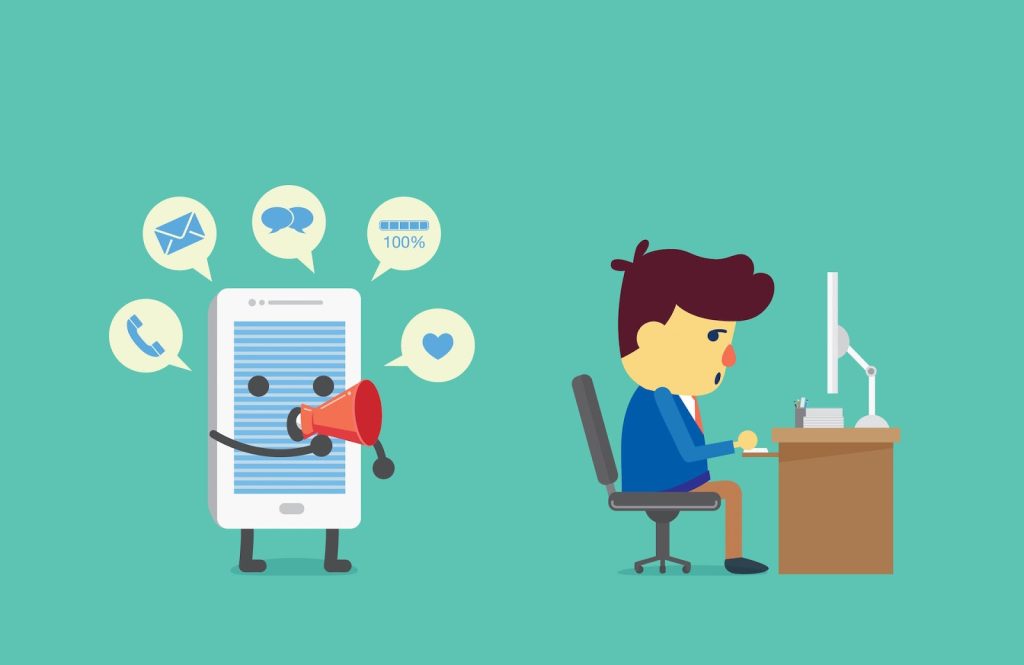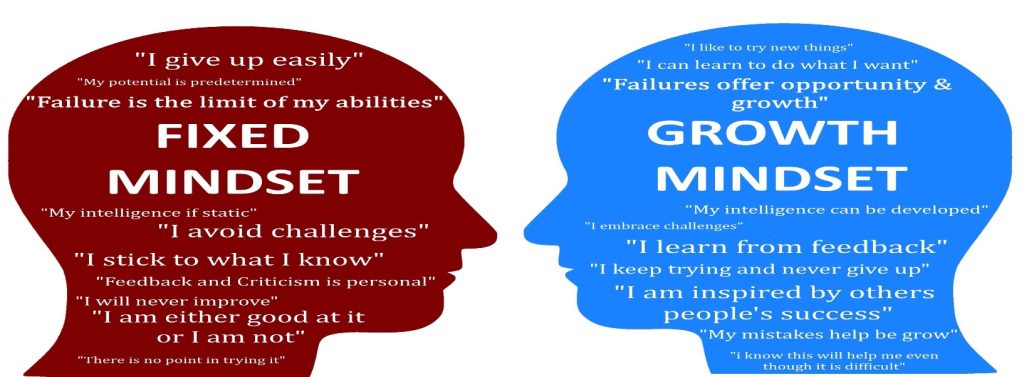- June 21, 2025
- 5:52 am
What is Procrastination? Procrastination is delaying important tasks despite knowing they should be done immediately.
Do you often find yourself procrastinating, thinking here and there mindlessly or saying “I’ll do it later” and regretting it later? You’re not alone. Procrastination affects millions of people, killing productivity and increasing stress.
But here is the good news? You can beat procrastination with the right strategies. In this blog, we’ll explore those strategies, we will learn about the scientifically backed techniques to stop it, and we will also, explore how to boost productivity forever.
Is procrastination and Laziness the same? Common people associate laziness with procrastination. But there are differences.

Procrastination is the psychological act of delaying or postponing a task, even when knowing there will be negative consequences. It often stems from anxiety, fear of failure, or perfectionism. Laziness, on the other hand, is a general lack of willingness to exert effort and can be caused by factors like fatigue, lack of interest, or underlying psychological issues.
Procrastination is a psychological battle between our present self (who wants instant gratification) and our future self (who wants long-term success). Let’s analyse why it happens
Now, let’s try to fix it.
One of the biggest hurdles is getting started. The 2-minute rule, popularized by productivity expert David Allen, helps overcome this:
If a task takes less than 2 minutes, do it immediately (reply to an email, tidy your desk).
If it’s a bigger task, commit to just 2 minutes of work—once you start, momentum kicks in.
Example:
Home: Washing a lone coffee mug in the sink, hanging up a coat, opening mail, or wiping down
kitchen counters.
Work: Responding to short emails, scheduling quick meetings, updating task statuses, or organizing files on your desktop.
Personal Life: Replying to text messages.
Why it works: Your brain resists big commitments but accepts tiny ones. Once you begin, continuing feels easier.
Big projects make us feel overwhelmed, leading to procrastination. Solution? Break them into tiny, manageable steps.

Example:
1) "Clean the entire house" → Too vague, feels exhausting.
Organize the desk. 1. Vacuum the living room. 2. Do one load of laundry."
Tip: Use the "Eat the Frog" method (Brian Tracy)—do the hardest task first to avoid mental resistance.
2)Service the entire Bus—Too big task, feels exhausting
1.Start with servicing the front wheel. 2.Take a break 3. Start servicing the engine… continue doing
the same, taking breaks between the work.
3. Use the Pomodoro Technique
The Pomodoro Technique is a time management hack to beat procrastination:

Why it works:
Your environment shapes your behaviour. If distractions are everywhere, procrastination always wins.

How to fix it:
No deadline? No urgency? Procrastination thrives.

How to enforce deadlines:
Example:
"I’ll finish this work by Friday and send it to my colleague for feedback and suggestions."

Your brain loves rewards. Use this to motivate action instead of delay.
After completing a task, treat yourself (coffee, short walk, 10 min of social media).
Big project done? Celebrate (dinner out, movie night).
Why it works: Positive reinforcement trains your brain to associate productivity with pleasure.
Perfectionism fuels procrastination. You delay starting because you’re afraid it won’t be perfect.Shift your mindset:

"Work Done is better than worrying about perfection."
"Progress over perfection."
"I can improve as I go."
Example:
Instead of "This report has to be flawless," think "I’ll write a draft first, then refine it."
Sometimes, you need a reality check. Ask yourself:
"What happens if I keep delaying this?"
"How will I feel the night before the deadline?"
"What’s the long-term cost of not doing this?"
Example:
Procrastinating on a work target? "If I don’t work hard now, I’ll feel worse later."
Delaying work? "Last-minute stress will ruin my sleep."
Final Thoughts: Take Action now, just do it.

Procrastination kills time, increases stress, and obstructs your progress. But with small but consistent steps, consistent activity, you can overcome the barrier.
Quick Recap to Stop Procrastination Today:
Now, pick ONE strategy and apply it today. Don’t just think and think— start today, start now.
Feature Post
Popular Post
Browse Category
Subscribe News Letter